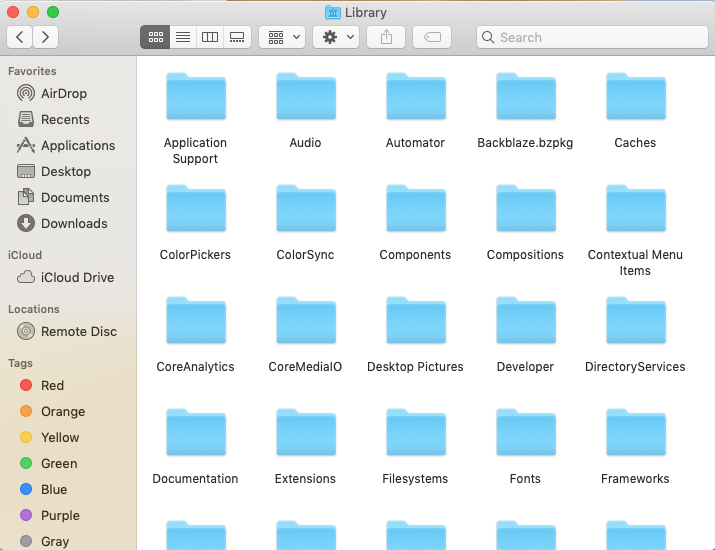If you download the .tar.gz for OpenJDK 11 direct from http://jdk.java.net/11/, there’s no obvious install instructions (at least that I can find) either on the OpenJDK website on in the .gz file. If you’ve done any fiddling with different JDK versions on MacOS before, you’ve probably come across the ‘/usr/libexec/java_home’ utility (see here for my previous article about this utility, and answers to this StackOverflow post which includes one of the most extensive and useful guides to running different JDK versions on MacOS that I’ve seen) which does a number of useful things relating to which JDK you’re currently using in your PATH:
/usr/libexec/java_home : shows you were the current JDK home is, eg:
Hack on the JDK itself, right here in the OpenJDK Community: Browse the code on the web, clone a Mercurial repository to make a local copy, and contribute a patch to fix a bug, enhance an existing component, or define a new feature.
- Since OS X 10.7 Java is not (pre-)installed anymore, let’s fix that. As I’m writing this, Java 11.0.4 is the latest version and AdoptOpenJDK is one of the best places to find Prebuilt OpenJDK Binaries.
- This tutorial demonstrates how to download and install the OpenJDK 11 onto your MacOS devices, providing useful instructions and sample code to get you started. Java, jdk 11, mac os, tutorial.
/usr/libexec/java_home -V : lists all installed JDKs, e.g.:
Openjdk 11 Download Mac Os High Sierra
To switch between JDKs, use /usr/libexec/java_home -v version (e.g. 10):

Knowing that your available JDKs are installed to /Library/Java/JavaVirtualMachines/ by default, moving the contents of the downloaded OpenJDK 11 dir from inside the .gz file to the same location would make sense.
Once you’ve moved it there, java_home -V now shows the new JDK in place:
Updating my aliases to quickly switch versions in my .bash_profile, I now have:
Openjdk 11 Download Mac Os 10.12
Sourcing the .bash_profile (source .bash_profile) and then running each alias, now I’ve got OpenJDK 11 set up and ready to go!





